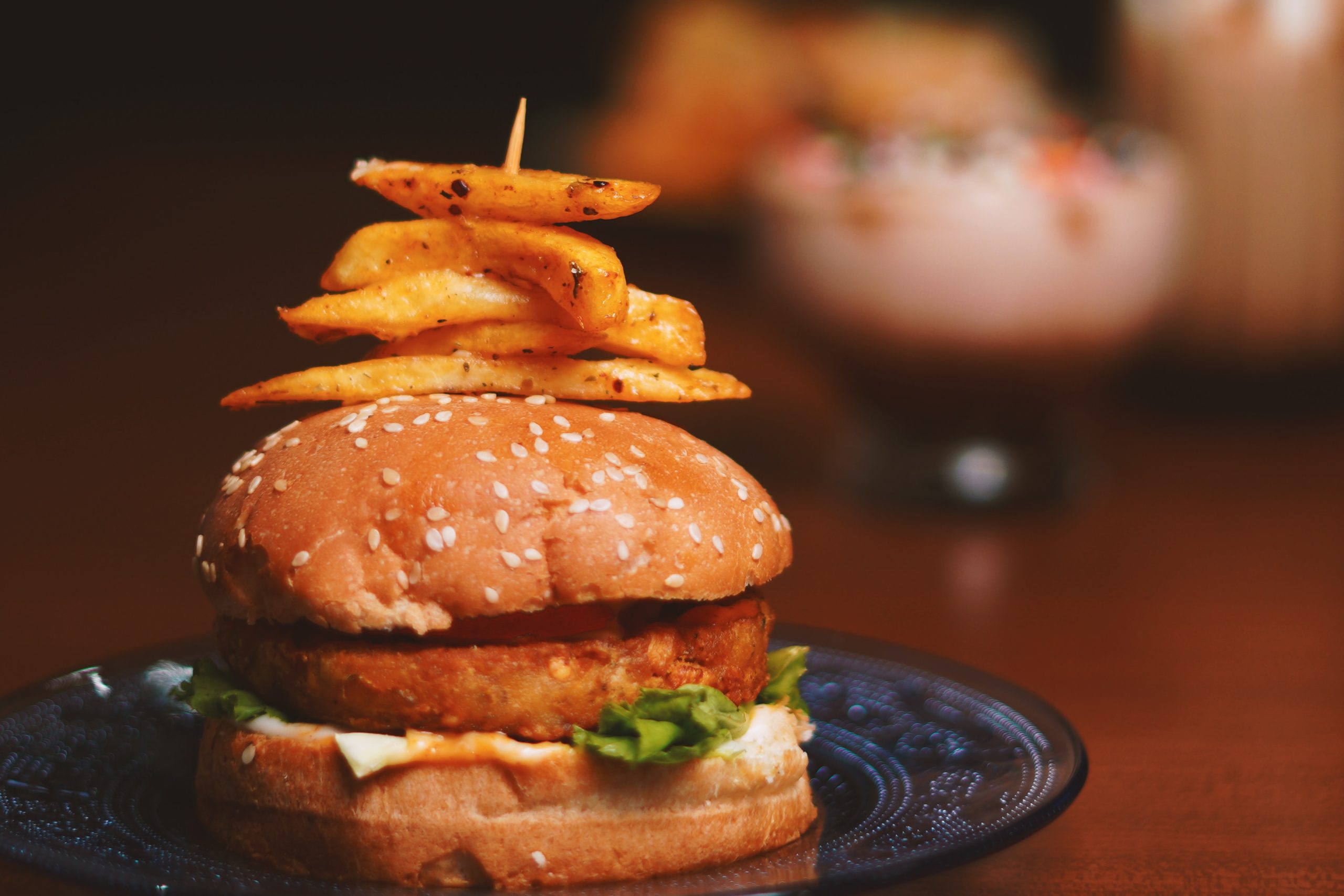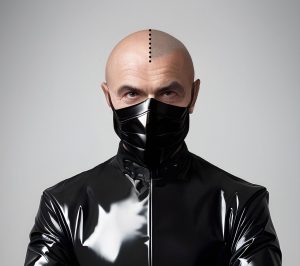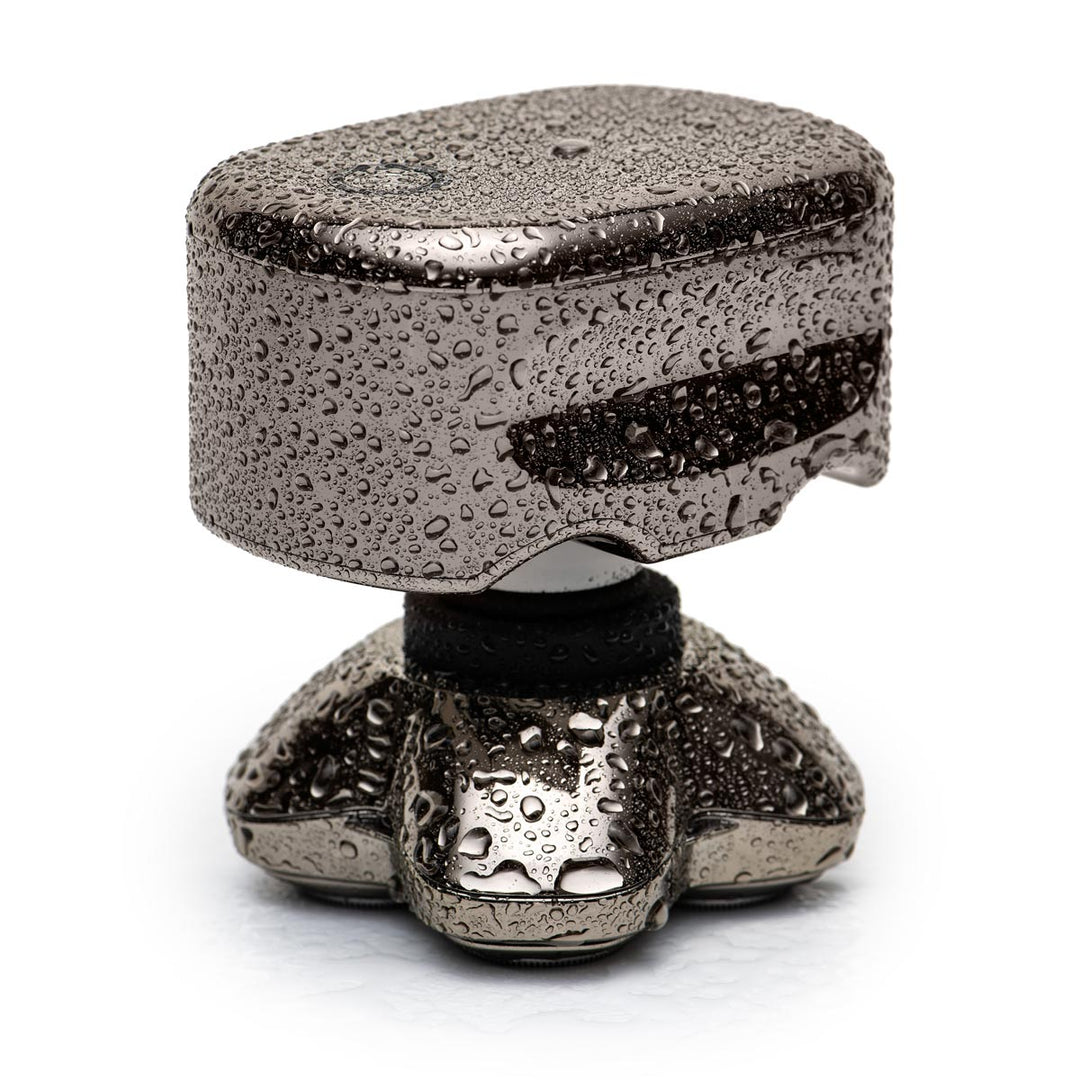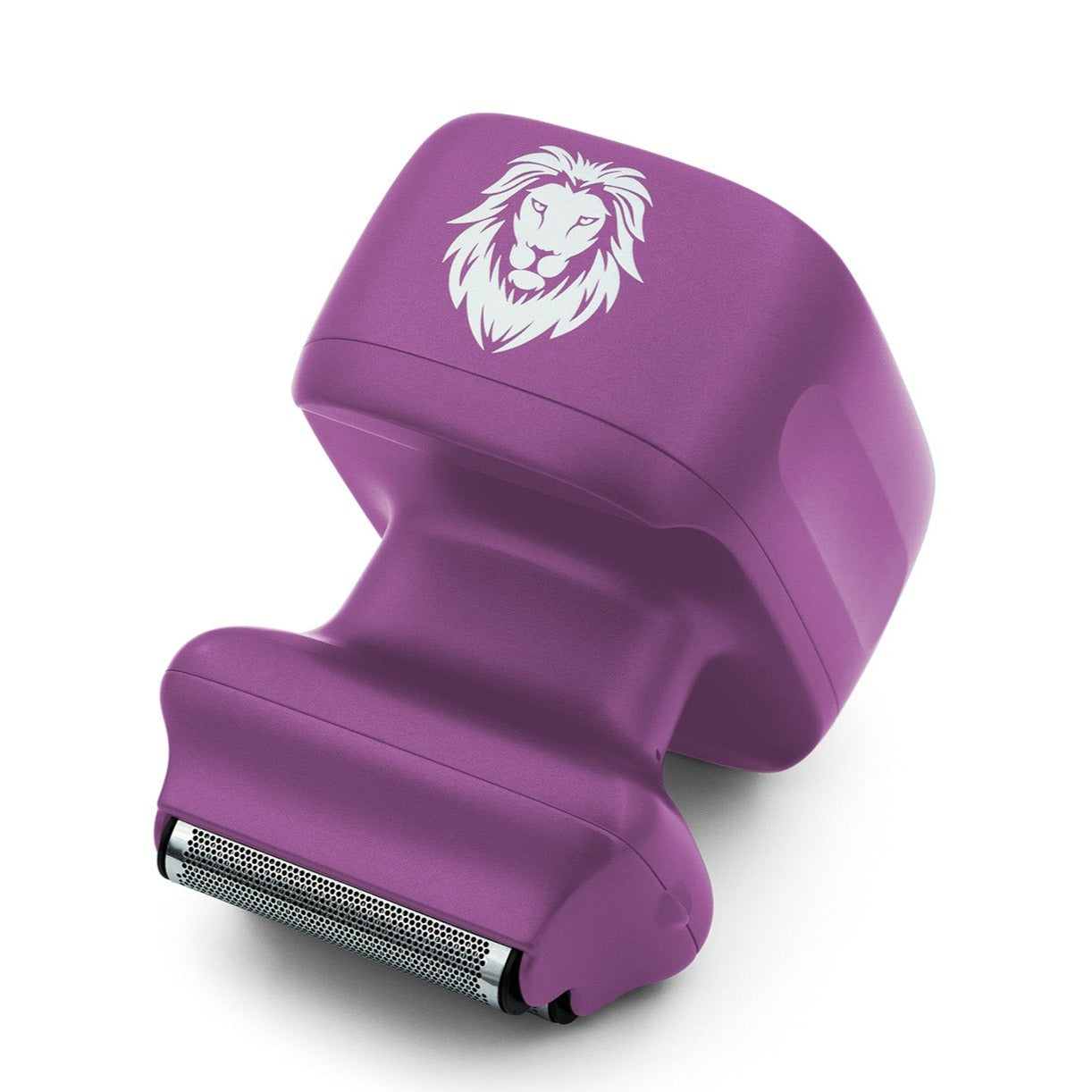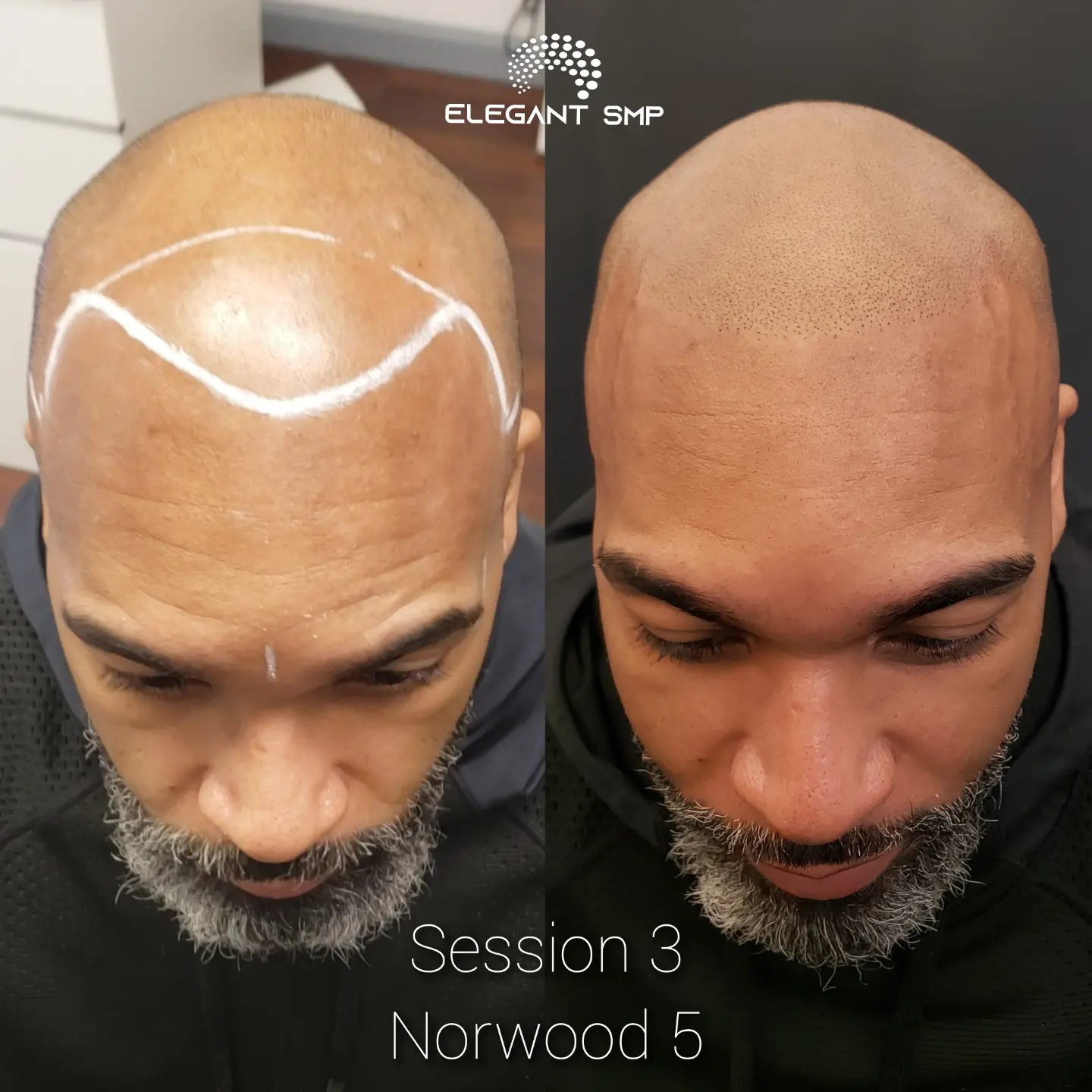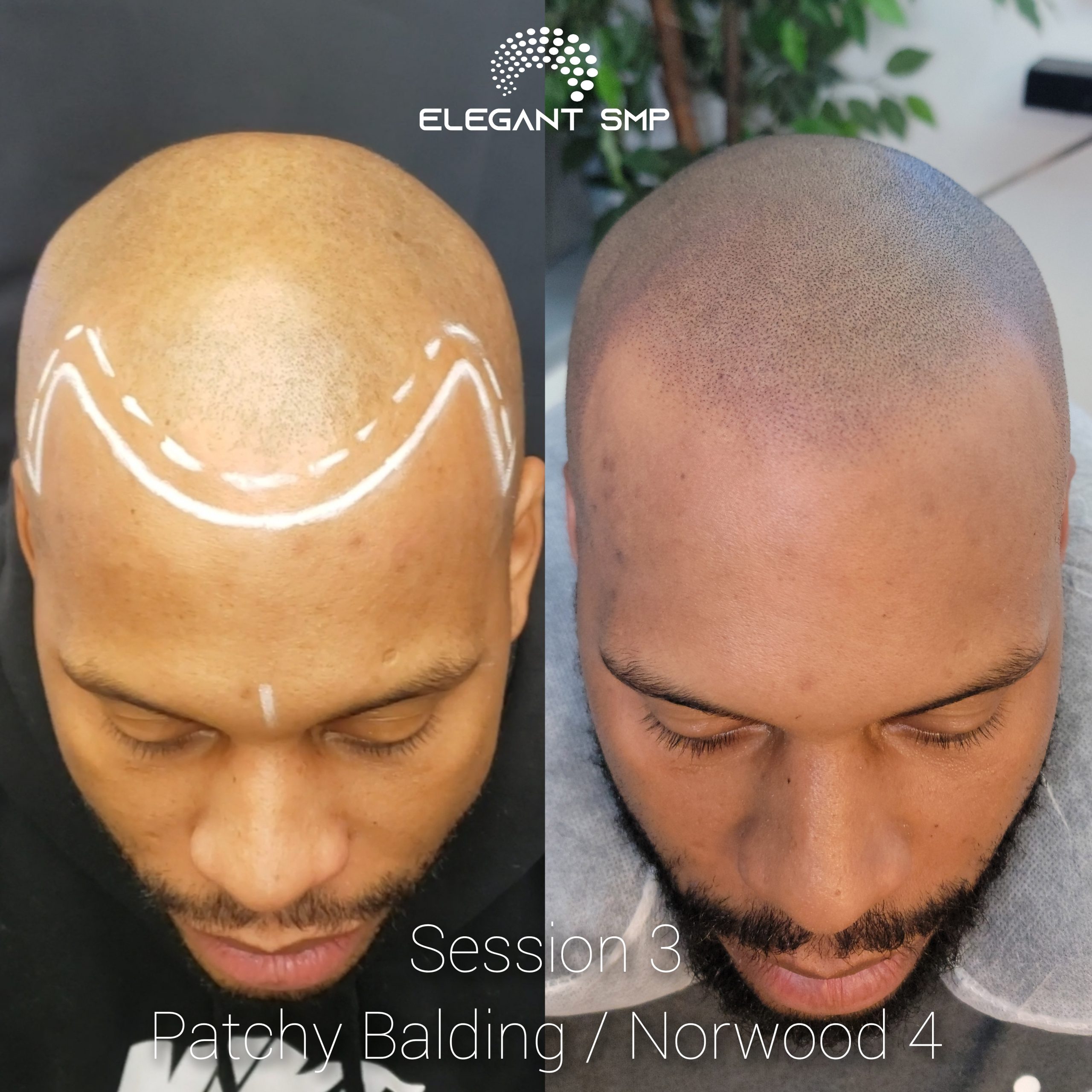At Elegant SMP, we understand that maintaining a head full of healthy, vibrant hair is a priority for many individuals. Your diet plays a significant role in the condition of your hair, and certain foods can either promote luscious locks or contribute to hair loss. In this in-depth guide, we delve into the complex relationship between your dietary choices and your hair’s well-being. We’ll provide insights into how specific nutrients, deficiencies, and lifestyle factors can impact the health of your hair, and we’ll offer expert advice to help you make informed dietary decisions.
Table of Contents
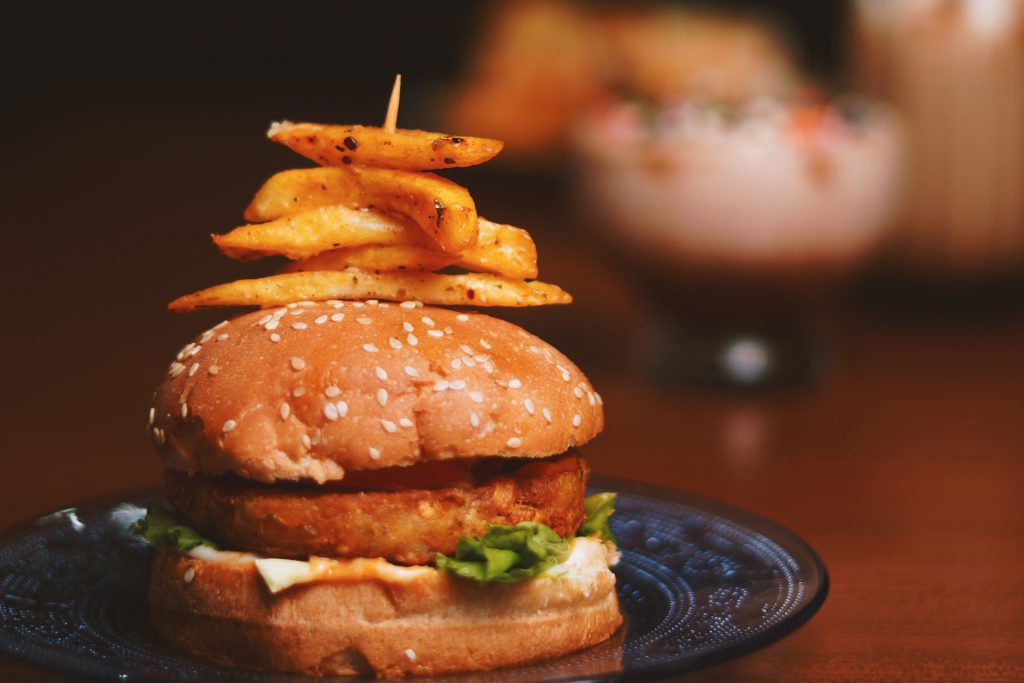
The Link Between Nutrient Deficiencies and Hair Loss
Nutrient deficiencies are often overlooked as a cause of hair loss, yet they are crucial to maintaining healthy hair. When your body lacks essential vitamins and minerals, your hair’s natural growth cycles can be disrupted, leading to thinning and potential hair loss. While the scientific community’s consensus on this matter isn’t unequivocal, there is evidence to suggest a connection between nutrient deficiencies and hair health.
One example is the link between iron deficiency anemia and hair thinning. Studies have indicated that low iron levels can lead to dry and brittle hair or even hair loss. Additionally, deficiencies in other vital nutrients such as B vitamins, vitamin D, zinc, and selenium have also been associated with hair shedding and compromised hair health. While individual responses to these deficiencies may vary, ensuring your body receives these nutrients is essential for maintaining healthy hair.
Table: Nutrients and Their Impact on Hair Health
| Nutrient | Impact on Hair Health |
|---|---|
| Iron | Low iron levels can lead to dry, brittle hair or hair loss |
| Vitamin D | Deficiencies can result in hair shedding and compromised hair health |
| B Vitamins | Inadequate levels can contribute to hair loss |
| Zinc | Low levels may lead to hair thinning and shedding |
| Selenium | Deficiencies have been associated with hair shedding |
The Role of Iron, Zinc, and Vitamins
Iron, zinc, and certain vitamins play pivotal roles in ensuring healthy hair growth. Iron, for instance, is indispensable as it aids red blood cells in delivering oxygen to the scalp and hair follicles. Insufficient iron levels can result in anemia, potentially causing dry and brittle hair or hair loss. If diagnosed with low iron levels, your doctor might recommend iron supplements to address this deficiency.
Zinc is another essential element for promoting healthy hair growth. It acts as a cofactor in various enzymatic reactions related to tissue growth and maintenance, including that of the hair follicles. Low zinc levels may lead to hair thinning and shedding. Doctors may recommend zinc supplements for those deficient in this mineral.
Certain vitamins, such as B7 (biotin), vitamin A, and vitamin E, are also crucial for maintaining a healthy scalp and hair. When these vitamins are lacking, hair growth may be affected. Severe deficiencies can result in sudden bald patches due to the trauma your hair experiences when there aren’t enough nutrients to support regrowth. To ensure your locks remain healthy, it is essential to maintain an adequate intake of these vitamins.
In cases where dietary adjustments or supplements fail to address nutrient deficiencies, immediate medical attention may be necessary. Medical treatments, including oral or intravenous supplements, can rapidly restore nutrient balance within the body. Therefore, we recommend a balanced diet rich in fresh produce to minimize the risk of nutrient deficiencies linked to hair loss.
Table: Essential Nutrients and Their Sources
| Nutrient | Sources |
|---|---|
| Iron | Leafy greens, red meat, legumes |
| Zinc | Seafood, meat, nuts, seeds, whole grains |
| Biotin | Eggs, nuts, whole grains, organ meats |
| Vitamin A | Sweet potatoes, carrots, leafy greens |
| Vitamin E | Nuts, seeds, vegetable oils |
Foods to Avoid for Healthy Hair
The type of food you consume can significantly influence not only your overall health but also the condition of your hair. Several foods, particularly those high in unhealthy fats, acidity, and sugars, can negatively impact hair health. Here, we discuss how these dietary choices can hinder the nourishment of your hair and provide expert advice on what to limit or avoid.
Fatty Foods
Foods high in saturated fats, such as fried chicken and French fries, contain fats that cannot be readily absorbed by the body. These fats can accumulate within hair follicles, obstructing the passage of essential nutrients. Furthermore, fatty foods may contain chemicals that disrupt nutrient supply and contribute to scalp issues. Avoiding excessive consumption of fatty foods is crucial to maintaining healthy hair.
Acidic Foods
Highly acidic foods, like pickles and vinegar-based sauces, create an overly acidic environment within the body. This acidity can damage healthy cells, potentially leading to weakened and thinning hair. Acidic foods can also deplete crucial vitamins, further compromising hair health. Balancing your intake of acidic foods is important to avoid excessive acidity levels that can contribute to hair problems.
Sugary Foods
Excessive consumption of sugary foods can cause nutritional deficiencies due to a lack of fiber and other essential nutrients necessary for hair health. Sugary desserts like ice cream, chocolate bars, and cookies can trigger insulin spikes that disrupt the proper circulation of essential nutrients throughout the body, limiting their availability for the scalp. To support the health of your hair, it is advisable to minimize the consumption of sugary foods.
List: Foods to Limit or Avoid
- Fried foods: French fries, fried chicken
- High-acidity foods: Pickles, vinegar-based sauces
- Sugary desserts: Ice cream, chocolate bars, cookies
List: Healthy Alternatives to Unhealthy Food Choices
- Instead of fried chicken, opt for grilled chicken or fish.
- Replace pickles with fresh cucumbers or fermented vegetables.
- Choose fresh fruits as a sweet treat instead of sugary desserts.
- Substitute carbonated drinks with infused water or herbal tea.
The Impact of Acidity and Toxins on Hair Health
The natural pH balance of your scalp and hair follicles is slightly acidic, typically ranging from 4.5 to 5. Maintaining this pH balance is essential, as it helps protect the scalp from bacteria, viruses, and fungi. Extreme levels of acidity, when the pH is lower than normal, can lead to inflammation, dryness, and itching, potentially causing hair follicles to become dormant.
Toxins also play a significant role in increasing acidity within the scalp, contributing to hair loss. Harmful substances, including heavy metals, pollutants, dyes, artificial preservatives, and drugs, can accumulate in the sebum produced by scalp glands. This buildup can result in abnormal acidity levels, creating an unhealthy environment for hair growth.
While certain acidic foods may be beneficial for hair health by assisting with protein synthesis and maintaining pH balance, moderation is key. Maintaining a balance by incorporating nutrient-rich acidic foods like lemons, tomatoes, apples, and citric fruits while limiting their intake is recommended.
Table: Nutrient-Rich Acidic Foods
| Acidic Foods | Benefits |
|---|---|
| Lemons, tomatoes, apples, citric fruits | Aid in protein synthesis and maintain pH balance |
Reducing exposure to toxins is another effective strategy for maintaining a healthy scalp environment that fosters robust hair growth. Avoiding environmental toxins such as smoke or pollution can reduce the buildup of toxins on the scalp. Focusing on consuming organic produce when possible minimizes your body’s toxic load and reduces exposure to harmful chemicals that can increase inflammation around the hair follicles.
The Effects of an Unhealthy Diet on Hair Loss
The effects of an unhealthy diet on hair loss can be significant and long-lasting. Both nutrient deficiencies and excessive intake of certain foods pose risks to hair health. Consuming an abundance of processed foods, especially those high in sugar and unhealthy fats, can lead to nutrient deficiencies that hinder the scalp's ability to produce the proteins necessary for healthy hair growth.
In contrast, some argue that the correlation between diet and hair loss is not always direct. Genetic factors and environmental stressors, such as high levels of stress, can also play a substantial role in hair loss. It's essential to note that taking care of your health through a nutritious diet has numerous benefits beyond hair health; it positively affects your overall well-being.
Regardless of ongoing debates, it is clear that an unhealthy diet can result in sluggishness and have long-term repercussions. By choosing healthy dietary options and favoring natural foods over processed ones, you can enhance not only your appearance but also your overall quality of life and well-being.
Natural Foods That Promote Hair Health
Eating a balanced diet that includes natural foods provides your body with essential nutrients and ensures your hair remains strong and healthy. Natural foods, such as fruits, vegetables, nuts, whole grains, and lean proteins, have been linked to improved hair health. Here, we highlight the role of various natural foods in promoting healthy hair.
Fruits and Vegetables
Fruits and vegetables are known for their positive impact on hair health. Dark leafy greens, including spinach, kale, and Swiss chard, are rich in iron and vitamin C, two vital nutrients for healthy hair growth and maintenance. Colorful fruits like oranges, kiwis, and bananas contain vitamin C and other dietary fibers, while berries provide potent antioxidants that enhance scalp circulation, supporting strong and healthy hair growth.
Nuts
Nuts, such as almonds, walnuts, and peanuts, are highly beneficial for hair health. They offer fatty acids like omega-3s and monounsaturated fats that contribute to cell membrane formation within hair strands. These fatty acids help restore moisture to dry, brittle hair, improving softness and shine while minimizing breakage.
Whole Grains
Whole grains are another source of essential vitamins needed for maintaining healthy hair. Oats provide dietary fiber that normalizes hormones associated with shedding, quinoa offers plant proteins containing all nine essential amino acids, barley is rich in selenium for reducing inflammation-related scalp conditions, and rye improves blood circulation throughout the scalp, optimizing nutrient delivery to the follicles.
Incorporating a balanced diet filled with colorful fruits and vegetables, sufficient protein, whole grains, and healthy fats will contribute to the health of your hair.
Responses to Common Questions
Can Eating Too Much of Certain Foods Cause Hair Loss?
Yes, excessive consumption of certain foods can lead to hair loss. Foods high in sugar, saturated fats, and processed carbohydrates can reduce the availability of nutrients required for healthy hair growth. These unhealthy foods can also increase inflammation in the body, leading to an elevated risk of hair loss. Moreover, diets lacking essential vitamins and minerals, such as zinc and biotin, can contribute to poor hair health. Consuming a balanced diet rich in nutrients is the best approach to ensure healthy hair growth and minimize potential hair loss risks linked to unhealthy dietary habits.
Are There Specific Nutrients That May Contribute to Hair Loss?
Several nutrients and substances have been associated with hair loss. Iron, zinc, biotin, vitamin D, and omega-3 fatty acids are among the most critical nutrients for healthy hair growth. These nutrients support cell division, promoting healthy follicle growth and preventing hair from becoming brittle or dry. Unfortunately, diets low in these vital nutrients can contribute to hair loss over time. In addition, certain medications, such as beta-blockers and anticoagulants, can affect scalp circulation and play a role in hair loss.
Finally, smoking and excessive alcohol consumption can deprive the scalp of vital nutrients, leading to weaker hair and potential thinning. To prevent or reduce hair loss, it’s important to practice stress management techniques, maintain a balanced diet rich in protein and nutrient-dense fruits and vegetables, limit sun exposure, and quit smoking.
Can Eating Too Little of Certain Foods Cause Hair Loss?
No, eating too little of certain foods does not directly cause hair loss. It is a common misconception that an inadequate diet can lead to hair loss. Nutritional deficiencies typically result in diffuse hair loss or patchiness (alopecia areata) rather than overall hair thinning (telogen effluvium), which can have various other causes, such as medications or significant medical treatments like chemotherapy and radiation. Conversely, consuming excess of certain foods can contribute to poor health and compromised body functions, which can then lead to hair loss. Foods high in saturated fats, sugar, salt, and processed carbs can disrupt hormone balance and healthy blood circulation, making it essential to avoid foods that can contribute to unhealthy conditions to maintain hair health.
Are There Any Lifestyle Factors That Can Exacerbate Hair Loss?
Several lifestyle factors can exacerbate hair loss. Stress has been linked to hair loss and thinning, and diet, especially diets low in protein or lacking essential vitamins and minerals, can contribute to increased hair shedding. Prolonged exposure to ultraviolet radiation from the sun and certain medications can also lead to heightened hair loss. Smoking cigarettes can reduce blood flow to the scalp, limiting the vital nutrients supplied to the hair follicles, potentially causing thinning. By practicing stress management techniques like mindfulness and deep breathing, maintaining a balanced diet rich in protein, and nutrient-dense fruits and vegetables, avoiding excessive sun exposure, and quitting smoking, you can help prevent or reduce hair loss.
Can Certain Food Allergies Lead to Hair Loss?
Yes, certain food allergies can lead to hair loss. An allergy to soy, in particular, can result in hair thinning or even complete hair loss due to inflammation in the scalp. Additionally, individuals with celiac disease, an autoimmune disorder related to gluten intolerance, may experience hair loss as a result of this condition. Celiac disease hampers the breakdown of proteins, including those found in wheat and grains, leading to nutrient deficiencies and, consequently, hair loss. Dairy allergies are another food intolerance associated with thinning hair, as dairy products are vital sources of calcium and other essential nutrients. An allergy or sensitivity to dairy can contribute to nutrient imbalances and hinder healthy hair growth.
Conclusion
In summary, it’s essential to be aware of which foods can potentially lead to hair loss. Some foods and specific ingredients are known to compromise hair strength, texture, growth, and even lead to baldness. To promote healthy hair, it’s important to limit or avoid processed and fried foods, foods rich in saturated fats, refined sugars, and dairy products.
Reducing your intake of these foods will decrease your risk of developing health conditions that could lead to hair loss, such as PCOS or thyroid conditions. Additionally, adopting a balanced diet that includes plenty of fresh fruits and vegetables, lean proteins, and whole grains can provide the essential vitamins and minerals necessary for optimal scalp and hair health. When combined with proper hydration, these dietary adjustments can have a lasting positive impact on the quality of your hair.

